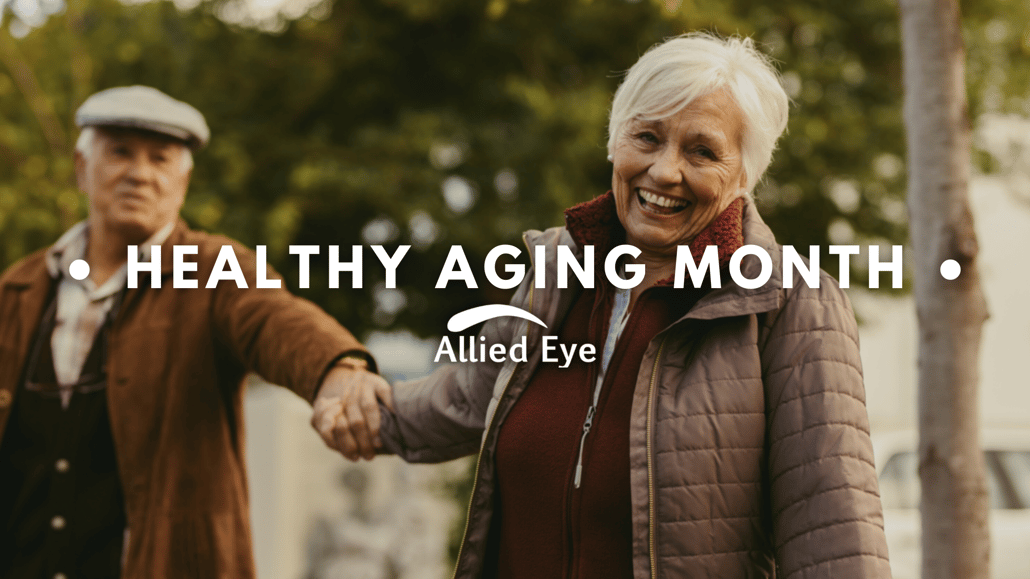September is Healthy Aging Month
As people live longer, the number of older Americans with declining vision is increasing. In fact, the American Academy of Ophthalmology (AAO) expects this number to double in the coming years. While many vision issues can be improved with corrective lenses or surgery, age-related low vision cannot.
This doesn’t mean that nothing can be done to improve the quality of life with poor vision. Dr. Matzkin and Dr. Herron are observing Healthy Aging Month by providing the following AAO-recommended tips for living well after a low vision diagnosis.
What is low vision?
Older people with low vision have blind spots that interfere with ordinary tasks such as driving, reading and seeing faces. It’s most often caused by age-related macular degeneration, but glaucoma, retinal diseases and diabetic eye diseases are also common contributors to declining eyesight.
If you’re experiencing reduced vision, it’s important to see an ophthalmologist as soon as possible. Our team can help pinpoint the exact locations of blind spots and the degree of vision loss.
What is vision rehabilitation?
Vision rehabilitation helps people with low vision continue to enjoy safe, independent living. However, it shouldn’t be seen as a last resort. Vision rehabilitation tools and techniques are most helpful when they’re introduced as soon as possible after poor vision is discovered.
While each vision rehabilitation plan is tailored to the individual, it can include devices such as video magnifiers or glasses with cameras that make it easier to see faces and read text.
Tips for Living with Low Vision
There are many simple changes that can help people with low vision navigate life more clearly, including:
- Decluttering the home and organizing. Not only can this make it easier to find items you need, it can reduce your risk of falling.
- Improving visual contrast. Use light colored dishes on dark tabletops, buy rugs that contrast with your floor color, and apply reflective or colored tape along step edges.
- Adding light sources. Replace heavy drapes with lighter fabrics that allow more daylight to filter in. Add task lighting in the kitchen and promptly replace burned out light bulbs in lamps and overhead light fixtures. Be sure to adequately light staircases, basements and hallways.
- Incorporating technology. Alexa, Siri and Google Home are voice-activated assistants that can help you with innumerable daily tasks. Audiobooks are a great alternative when reading becomes a strain. Microsoft’s Seeing AI app is great for those with more advanced vision loss.
Are you or a loved one living with low vision? Our welcoming and professional eye care experts can help you achieve your best vision at every stage of life. Please text or call (423) 855-8522 to make an appointment and click here to read about our current COVID-19 safety protocols. We look forward to seeing you soon!


